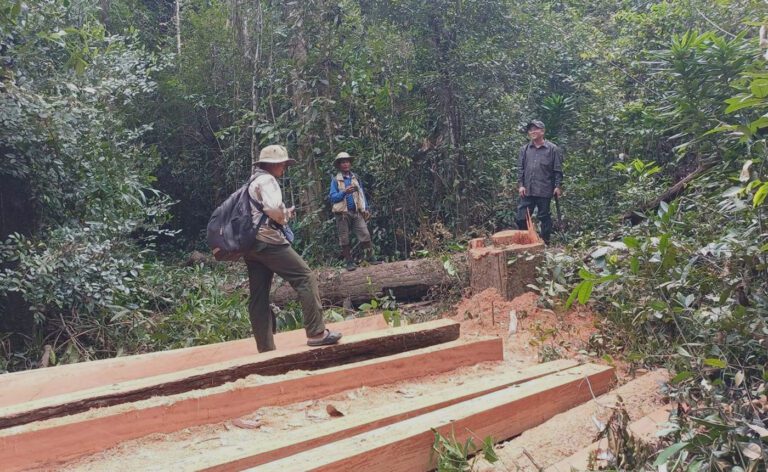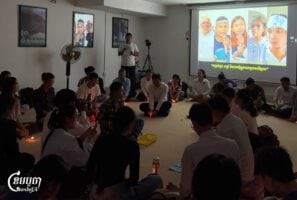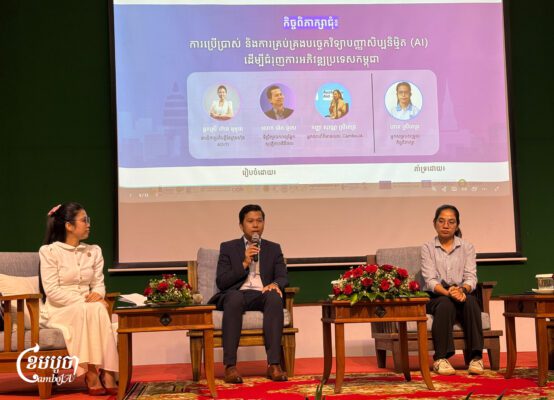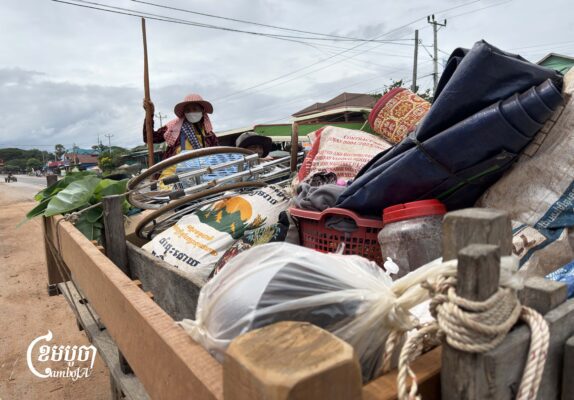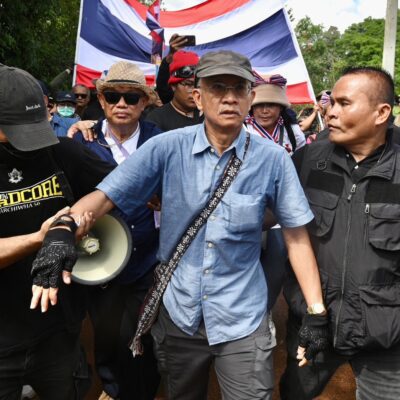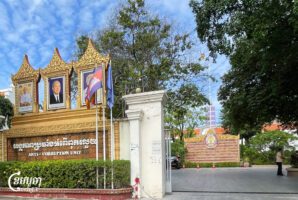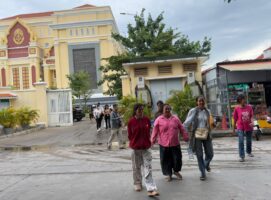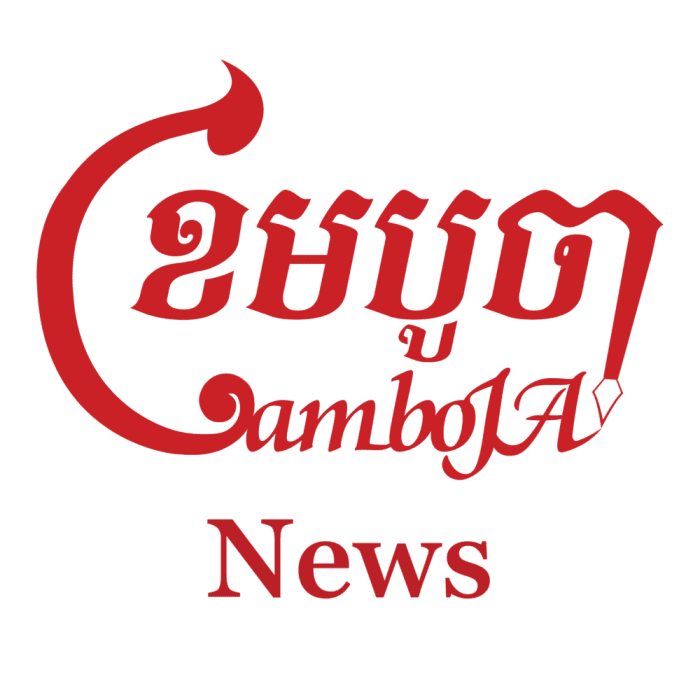The Ministry of Information has criticized non-governmental organizations and press groups for “pursuing their own political agendas”, portraying negative press freedom in Cambodia, in relation to jailed environmental journalist Uk Mao’s case. The ministry claimed that Mao “violated journalistic ethics”.
Mao, a member of the indigenous community, reports on illegal logging and environmental destruction in protected areas in the northeastern province, but was arrested last week and charged with two counts of public defamation and intimidation — widely decried by press groups and NGOs as a means of silencing journalists.
According to the ministry, Mao, who worked with Intri Plus News, does not possess a press card and was not issued one because he did not meet the requirements for the application. Journalists must not be involved in a lawsuit or court proceedings, the ministry said, adding that Mao violated the code of ethics and the law.
“Uk Mao has taken refuge under the label of journalist to engage in activities that serve other purposes […] they are not the true exercise under Cambodia’s Press Law,” the statement read.
“All the offenses that [he] was accused of are related to his personal matters. They do not relate to the professional journalism framework,” it said.
The ministry also criticized press groups, civil organizations and some “foreign journalists”, saying that they “should not” attempt to engage in an excessive political agenda by creating and distorting information “that is not true” about Mao — and portray negative press freedom in Cambodia to seek sympathy from donors.
Cambodian Journalists Alliance Association (CamboJA) executive director Nop Vy, refuted the ministry’s claim that press organizations are pursuing a political interest.
“There is no political benefit for us in this matter. It is about protecting national and public interests,” he said, adding that to safeguard those interests, all parties, especially journalists, need to play the role of watchdogs on such matters.
“We already know that the head of government encourages the reporting of negative issues so that he can receive complete and accurate information,” Vy said.
Regarding the absence of a press card for Mao, Vy stressed that Mao might still be able to perform his role as a journalist.
“I don’t think that’s right [that Mao cannot perform journalist duties]. We haven’t seen any laws that prohibit someone without a press card or someone who has been sued, not being allowed to carry out their work. As I know, there is no such regulation,” Vy said.
It is learnt that Mao was issued a company press card by Intri Plus News, which states his representation as a reporter for the publication.
NGO rights group Adhoc spokesperson Yin Mengly, said the ministry’s statement was “regrettable” for having accused organizations and associations of serving political interests.
“Organizations and associations have fulfilled many roles with the government, but we have not received recognition from ministries and departments. Instead, we are often accused of serving political interests and foreign interests,” Mengly said.
He mentioned that Mao’s case is not a personal issue — but one of public interest, as it is related to natural resources and deforestation.
“The reason we claim it is a social issue is because of the statements and photos he posted showing activities related to forest issues. This is a concern for all citizens who fear losing these forests,” Mengly said.
He added that as a legal principle, all accused persons must be presumed innocent until a court renders a guilty verdict, noting that Uk Mao has not been convicted yet.



